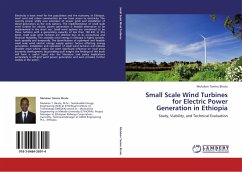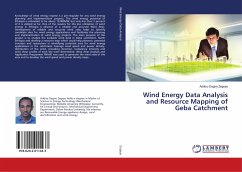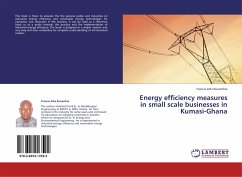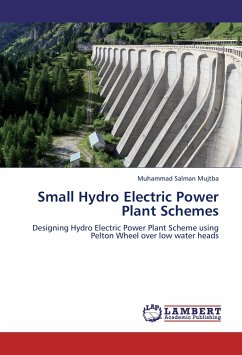Electricity is basic need for the population and the economy. In Ethiopia, most rural and urban communities do not have access to electricity. The country power utility uses extension of power grids and installation of diesel generators as the only options. The implementation of small scale wind turbine for electric power generation is feasible alternative to be implemented in the short run. Small wind systems are considered to be those turbines with a generating capacity of less than 100 kW. In this book, small scale wind turbines are selected due to its economical and financial feasibility. The available wind energy in Ethiopia is highly variable, both spatially and temporally. The identification of optimized and feasible small scale wind electric energy supply system; factors affecting energy generation, installation and operation of small wind turbines will indicate possible areas where action can exert significant influence on rural areas economic development. By providing such insight, the findings of this book will form a useful input into the literature and policy implications particularly in off-grid wind power generation and even provoke further studies in the sector.
Bitte wählen Sie Ihr Anliegen aus.
Rechnungen
Retourenschein anfordern
Bestellstatus
Storno








